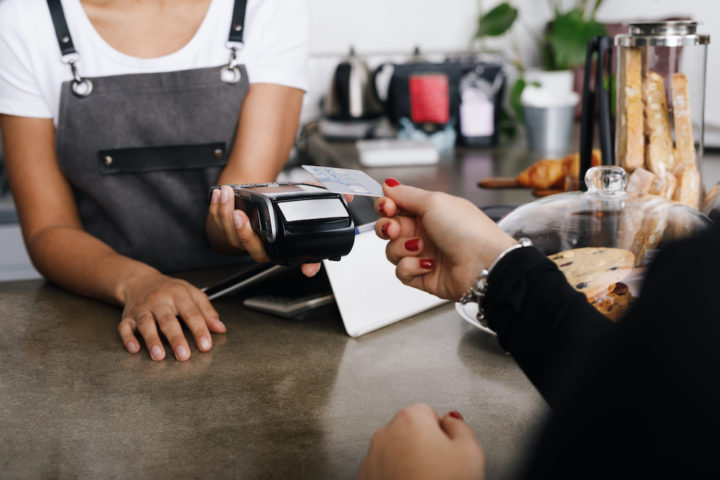The government will intervene to keep a lid on the price of essential goods amid rising inflation, which is driving the cost-of-living crisis.
The cabinet has greenlighted a bill that will oblige supermarkets to sell some 50 categories of items to be included in a ‘household shopping basket’ at wholesale prices.
It is fashioned on the model adopted in Greece, which includes essential foodstuffs such as bread, milk, rice, and spaghetti, but also includes baby food, coffee and pet food.
And the Consumer Protection Service is conducting consultations with stakeholders to form the list of items to be included in the basket so that the bill can be tabled next week.
Specifically, the new bill will amend the law on fixing wholesale and retail sales prices in special cases.
The bill defines the ‘household shopping basket’ as a list of commodities the Minister of Commerce deems necessary for decent living standards.
A note accompanying the bill says the government has deemed it necessary to introduce the “shopping basket” for reasons of public interest from the need to restore the purchasing power of consumers hit by high inflation.
Under the bill’s provision, the Minister will have the power to issue a decree which will determine the household shopping basket for a specific period, considering the international and domestic market conditions and the protection of low-income consumers.
Retailers with an annual turnover of more than €8 mln are obliged to participate.
Businesses must choose at least one item from each product range included in the household basket and make it available at the lowest possible price, especially compared to other products of the same category.
They are also obliged to inform consumers about the household basket of products they offer.
Inflation has been on the rise, powered by the fallout from the war in Ukraine and the coronavirus pandemic, which is still impacting the world economy.
According to CyStat, the consumer price index rose to 8.8% in October, up from 8.7% in September and 10.9% in July, the highest level since August 1981.
The Central Bank estimates domestic inflation will be 8.4% in 2022, lower than the euro area’s annual inflation of around 10.7%.









